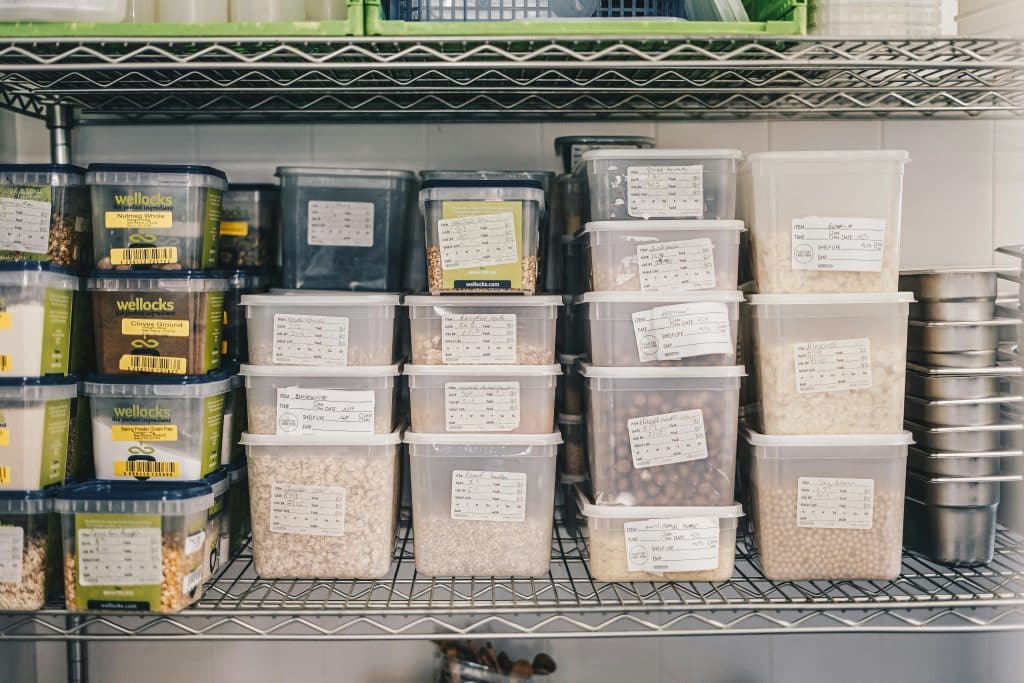Preparing for a food safety audit might feel a little daunting, but it’s a necessary step for maintaining high standards in your operations. Imagine a situation where you’re hosting a big party. You’d want everything to go smoothly, right? You’d check the details, prepare the food, and make sure the venue was spotless. An upcoming audit from a food safety auditor is no different—it’s like preparing for a VIP guest to arrive and scrutinise every aspect of your party. In both cases, preparedness is the key to success.
Food safety is a top priority for any business involved in the industry. When the auditors come in, they’re looking to ensure that your operations are compliant with safety regulations and that your team knows how to handle every aspect of food hygiene and safety. Ensuring your staff are ready not only helps pass the audit but reinforces the standards that keep your patrons safe and satisfied. Let’s explore how understanding food safety auditors’ roles and expectations can empower your team to greet them with confidence.
Understanding the Role of Food Safety Auditors
Food safety auditors play a crucial role in the industry, acting as guardians of public health. But what exactly do they do during an audit? Think of auditors as inspectors who come in to ensure that everything is running smoothly and safely within your food operations. They check whether your practices comply with food safety standards and regulations, examining everything from kitchen cleanliness to food storage methods.
The main objective of food safety auditors is to protect consumers by ensuring that food products meet quality standards. They review processes, assess facilities, and verify whether employees understand and adhere to necessary protocols. These audits are essential because they help businesses identify and fix potential issues before they become real problems.
Auditors might seem intimidating at first, but their role is far from adversarial. They’re there to help ensure that your establishment maintains a safe and sanitary environment, ultimately safeguarding your reputation and your patrons’ health. Auditors could catch something you’ve overlooked, offering an opportunity to correct it before it affects your business. They act as your partners in quality, helping your team to maintain the highest standards in every aspect of food handling and preparation.
Understanding the role of food safety auditors is the first step in preparing for their visit. Being aware that they are there to support rather than hinder will make your team feel more comfortable and confident when the auditors come knocking at your door. This foundation of trust and transparency allows your team to view audits not as threats, but as chances to excel and improve.
Common Questions Food Safety Auditors Will Ask
When it comes to food safety audits, preparation often boils down to anticipation. Knowing the typical questions can make a world of difference for your staff. Food safety auditors aren’t out to trap anyone; they just want assurance that high standards are being met consistently. Here’s a look at some common queries:
1. Can you describe the food handling procedures?
Staff should clearly talk about how food is received, stored, prepared, and served, explaining each step.
2. How do you ensure the cleanliness of equipment and utensils?
They might highlight cleaning schedules and methods, emphasising the use of reliable cleaning products.
3. What measures are in place for pest control?
Discuss preventative steps taken, like regular inspections and quick responses to any signs that might arise.
By running through questions regularly, your team will gain a level of comfort and confidence, ensuring that they can handle the audit process smoothly.
Preparing Your Staff for a Food Safety Audit
The key to acing an audit lies in regular preparation and training. Your staff should treat these audits as part of the regular routine rather than a special occasion. Here’s how to keep them on their toes:
– Conduct Regular Mock Audits: Make surprise checks a part of your operations. These mimic actual audits and help staff rehearse their responses and actions.
– Comprehensive Training: Focus on continuous learning through workshops that cover food safety topics and can adapt to changes in protocols.
– Clear Communication and Documentation: Ensure all staff know where to find procedure manuals and understand the importance of documenting inspections, cleaning schedules, and equipment maintenance.
Preparedness isn’t a one-time event but a culture. Fostering a proactive attitude toward audits ensures staff always operate at top efficiency, reducing errors and boosting confidence.
Key Areas of Focus During an Audit
Auditors keep a keen eye on several critical aspects that can impact food safety. By understanding what they are most concerned about, your team can concentrate their efforts in the right places:
– Hygiene Practices: They will observe personal hygiene standards of the staff, ensuring everyone complies with handwashing protocols and proper uniform use.
– Temperature Control: Accurate records that demonstrate regular checks are vital to prove that temperature-sensitive products are always stored correctly.
– Cross-Contamination Prevention: Auditors will focus on how well staff are trained to prevent cross-contamination through proper food handling and separation techniques.
By zeroing in on these focus areas, you’ll ensure that your operations meet audit standards. It’s not about being perfect; it’s about consistent, high-quality practices that protect your customers and your business.
Ensuring Food Safety Audit Success Through Preparedness
Getting ready for a food safety audit might seem challenging at first, but with clear understanding and structured preparations, it becomes much easier. Knowing what to expect and why these checks matter helps everyone in your operation feel more at ease.
Emphasising a culture of safety and cleanliness not only prepares staff for an audit but also strengthens the trust that customers place in your establishment. With these practices firmly rooted in your team’s everyday operations, the audit process becomes just another day at work, ensuring that your team stands out in maintaining high food safety standards.
Boost your team’s readiness by partnering with MQM Consulting for expert guidance. Our services ensure your staff can confidently address the questions posed by food safety auditors, helping you enhance operational standards and secure successful audit outcomes.


